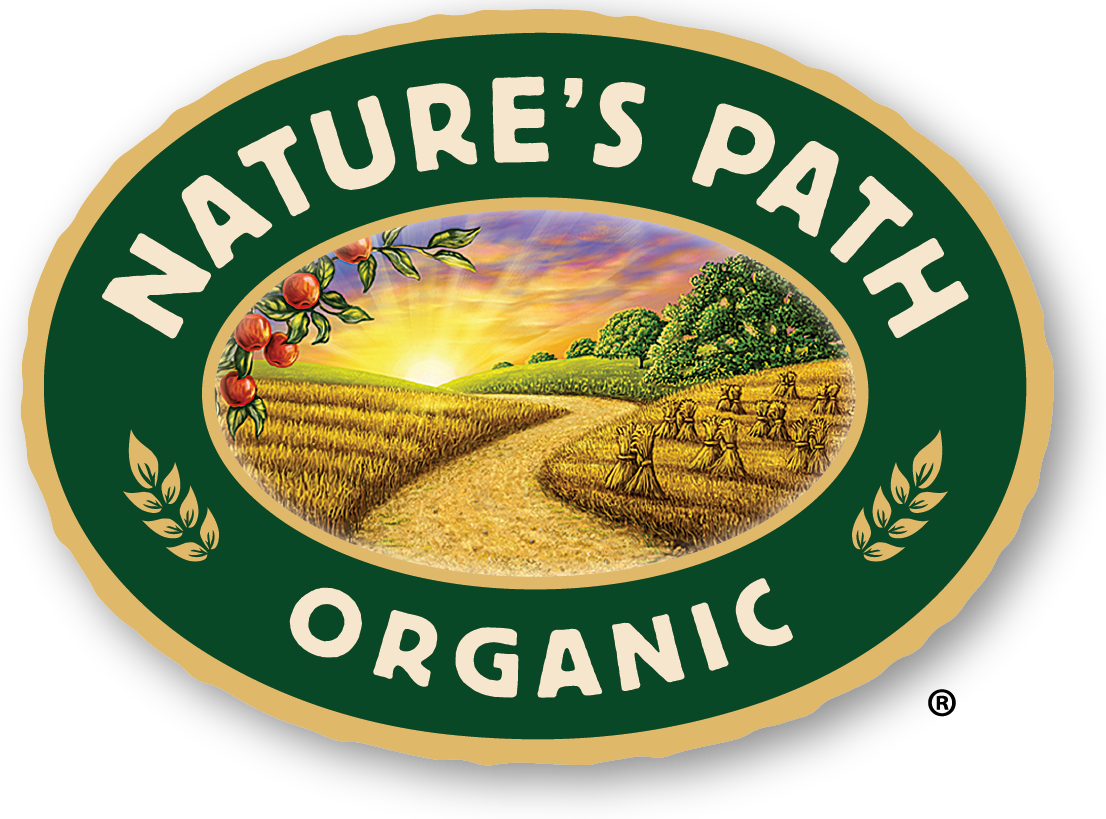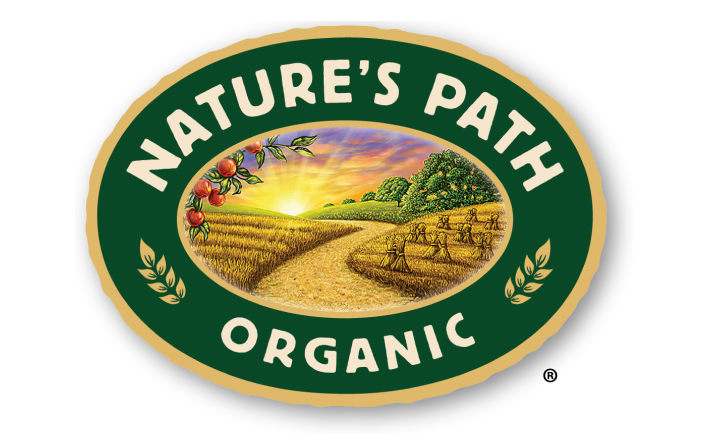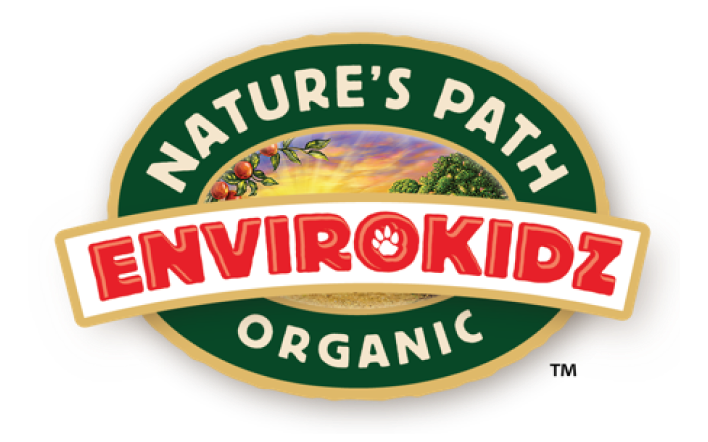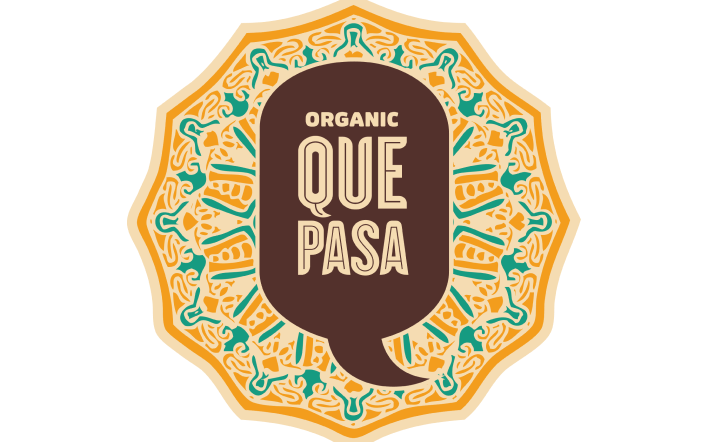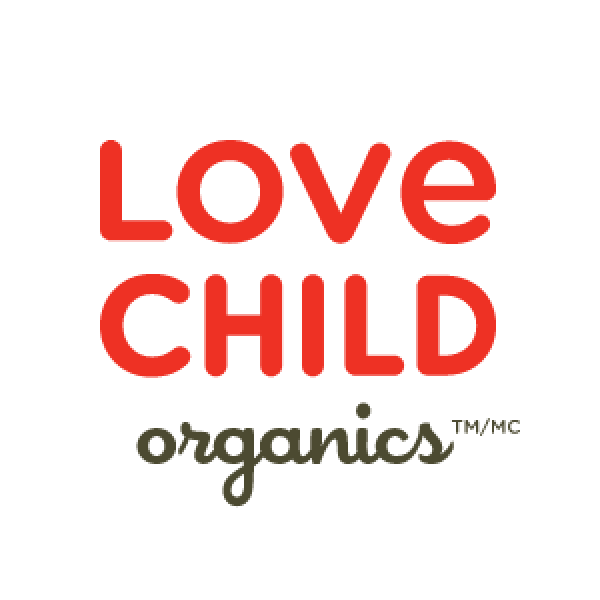An easy way to know whether the food you’re buying really is organic is to look for logos—like the Canada Organic Logo or the USDA Organic Logo. Depending on where you live, foods that are labeled or called organic may not be required to be certified according to organic standards. In Canada, for example, five Canadian provinces (Quebec, New Brunswick, British Colombia, Nova Scotia and Manitoba) have provincial laws in place defining what organic foods are, and foods labelled as organic must be grown and produced in accordance with those laws. While organic products traded across provinces are regulated and have to meet the Canada Organic Standard, the situation differs for products sold within provincial borders.
This means that if you live somewhere without laws that define organic products and you like to shop at farmers’ markets and smaller stores, it’s not always easy to know whether uncertified products sold or labeled as organic truly are organic or not. Some producers and farmers claim to grow and sell organic products, and they don’t need certification to back up those claims depending on where they do business.
Many consumers chose to vote with their dollars by choosing organic and supporting the kind of agriculture and food production they’d like to see. Don’t be shy—with these four questions in mind, you can really know whether you’re getting what you’d like to pay for!
1. Are you familiar with organic standards?
This question is straight to the point. If the farmer says no, they simply don’t know whether their food is grown or produced organically or not, and they shouldn’t be labeling it as such. If there aren’t any certified growers around, you can hopefully move on to the next table of uncertified organic food.
2. Do you plan on becoming certified organic?
A “yes” in response to this question could mean the farmer may very well be in transition and on their way to becoming certified, which is good news for you (generally farms must undergo a transition phase of at least a year to become certified). These farmers must follow organic standards during this phase. If the answer is no, pry more and find out why not. You may be told the costs to certify are too high, or that their customers don’t demand and they therefore don’t see they need. If this is the case, respond with question 3.
3. Have you sprayed at all?
Organic farmers spray a lot less than conventional farmers, and a huge difference between organic and conventional farming is that organic farmers cannot use synthetic pesticides. If they spray, certified organic farmers must use naturally-derived sprays allowed under organic standards, such as those listed on Canada’s Permitted Substances List. Many people chose to purchase organic products to avoid pesticide residues—one study found that 94-100% of organic food did not contain any pesticide residues. If the answer to the question is yes, chances are the produce was not grown organically. Ask which sprays were used, and whether they’re allowed under organic standards. If the farmer says they don’t know, or no, you’re taking a risk of buying food that’s not truly organic.
4. How are your animals treated (if you’re buying animal products, like cheese or eggs)? Do they get outside and eat certified organic feed?
Although this question may cause some farmers to get their backs up, it could give you some insight into how familiar the farmer is with requirements for livestock production under organic standards. Organic standards, such as the USDA’s National Organic Program, require certified organic poultry and livestock farmers to meet certain requirements, like providing animals with outdoor areas and guaranteeing them a minimum amount of space. If asking whether or not the animals are treated like those outlined under organic standards brings about a look of confusion, chances are organic production standards are not being followed. That’s not to say, however, that the animals aren’t being treated better than those on a conventional farm—if the farm is smaller, those animals may be arguably better off than a life on a conventional factory farm.



